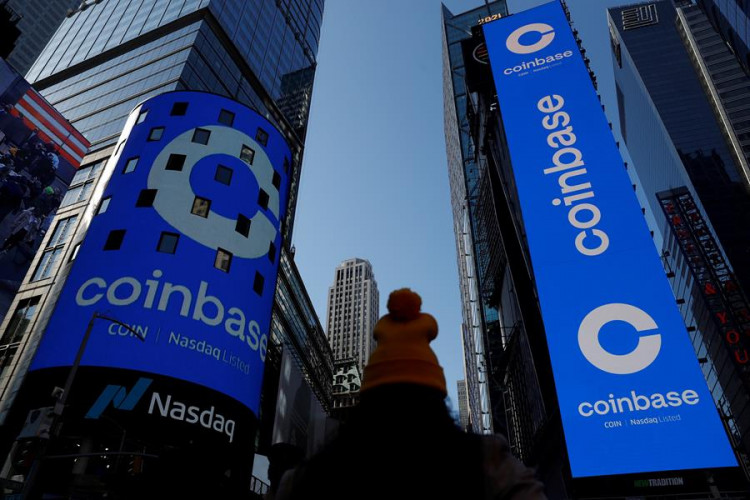Coinbase's trading operation was blocked in India due to "informal pressure" from the Reserve Bank of India, according to the crypto exchange's CEO, who addressed the famous Indian incident for the first time in months on Tuesday.
On April 7, the Nasdaq-listed company launched its original crypto trading platform in India to great excitement.
The software allows users in the world's second-largest internet market to purchase crypto tokens through UPI, a widely used Indian payment system created by a group of retail banks.
The service was pulled back without explanation just three days after it was launched.
The move came after the National Payments Corporation of India, the country's regulating body for UPI, released an unusual statement in which it refused to accept UPI capability on Coinbase's app.
Coinbase co-founder and chief executive Brian Armstrong stated the business deactivated UPI due to "informal pressure" from the Reserve Bank of India during the company's earnings release.
Armstrong pointed out that although cryptocurrency trading is not illegal in India, several members of the government, including the Reserve Bank of India, do not appear to be enthusiastic about it.
The bank is doing what's been dubbed a "shadow ban" in the news, which basically means they're using mild pressure behind the scenes to attempt to deactivate some of these payments that might be going through UPI.
"It would be interesting to find out if it were to move there," he said, "but I think our choice is really just to engage with them and focus on reopening. I think there are a lot of avenues that we have to relaunch with different payment options there. And that's the default course going ahead."
The Reserve Bank of India had previously prohibited banks from dealing with cryptocurrency transactions, a decision that was overturned by the country's high court over two years ago. However, the central bank persists to exert informal pressure on banks to refrain from doing so.
This pressure, combined with the banks' compliance, is the reason why prominent cryptocurrency trades in India have trouble supporting fiat currency.
An executive at one of the cryptocurrency marketplaces stated that they may contest the central bank's litigation, but warned that such a court battle could take years and that their businesses could be destroyed during that time, which is why crypto participants in India are hoping that the central bank will loosen up its stance on its own at some point.






